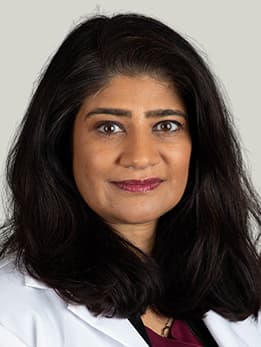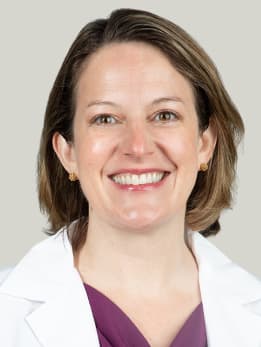What cancer patients need to know about the vaccines for COVID-19

If you have cancer or a history of cancer, you’re considered a priority group for receiving a COVID-19 vaccine. Cancer patients have an increased risk of severe illness from COVID-19, so speak with your doctor about getting vaccinated.
Are COVID-19 vaccines safe and effective for people with cancer?
The Pfizer-BioNTech and Moderna vaccines were shown to be safe in clinical trials involving the general population, including the elderly, and scientists believe the vaccines will be equally safe for most cancer patients. Cancer patients were not included in the clinical trials, as is usual with the development of all vaccines. The CDC is recommending people who are immunocompromised – that’s people who have weakened immune systems, including many cancer patients – get either vaccine.
Because every cancer patient receives personalized treatment tailored to their specific illness, your doctor is best placed to advise you on the right time for vaccination.
If you’re a cancer patient, the reason you’re able to get your seasonal flu shot is because you’re given a vaccine containing only dead virus – never the live virus that’s used in the nasal mist version of the flu vaccine. In a similar fashion, you can take either of the COVID-19 vaccines because they do not contain live virus that could be dangerous if you have a weakened immune system.
Both the Pfizer-BioNTech and Moderna vaccines rely on messenger RNA technology to train our immune systems to recognize and defend against SARS-CoV-2, the virus that causes COVID-19. After two doses, these vaccines had an efficacy rate of about 95 percent in preventing symptoms of COVID-19. There’s still no data on the effectiveness of the vaccines in cancer patients, but even if your immune system is too weak to generate a strong protective response to the vaccine, you’ll likely get some level of protection.
Can I get vaccinated against COVID-19 while being actively treated for cancer?
For now, guidance and data are lacking on this because the COVID-19 vaccines have not been studied in cancer patients. Treatments such as chemotherapy and radiation can make your immune system less likely to respond to vaccines, so it may be better to wait, if possible, until your treatment is completed and your immune system recovers. However, if you are cancer-free and no longer receiving immunosuppressive therapy, your doctor may recommend you getting vaccinated as soon as possible.
There are many types of cancer, and countless therapies and outcomes. Because every cancer patient receives personalized treatment tailored to their specific illness, your doctor is best placed to advise you on the right time for vaccination.
What are the side effects of the vaccine for people with cancer?
Mild side effects from the vaccines can occur in people with cancer, just as with healthy people. They include fever, joint pain, chills and fatigue, and they go away in a day or two. These side effects are usually a sign that your immune system is being activated. The likelihood of severe or very severe side effects was extremely low in the clinical trials and consisted of people having allergic reactions to the vaccines’ ingredients. Most allergic reactions to the vaccines occur within 30 minutes, which is why people with allergies are asked to wait for up to a half hour at the location where they’re being vaccinated to ensure they’re close to care if they have a serious allergic reaction.
Should my close family members and caregivers get a vaccination against COVID-19?
Yes, it’s important that anyone who’s eligible for the vaccine gets one. Because neither COVID-19 vaccines contain live virus, family members and caregivers will not expose cancer patients to the virus in any way. However, researchers don’t yet know if people who are vaccinated can still pass the virus to those who haven’t been vaccinated, so it’s important to protect yourself: keep wearing a mask, practice social distancing and wash your hands frequently.
Additional Helpful Information About COVID-19:
- Coronavirus (COVID-19) information for cancer patients, survivors and caregivers
- What to know about the COVID-19 vaccine
- COVID-19 vaccine: Expert Q&A
- How do vaccines work?
COVID-19 continues to spread rapidly across the globe, so some information may be outdated from our publish date. For our latest updates, read our most recent coronavirus coverage.

Sonali M. Smith, MD
Sonali M. Smith, MD, is an expert in lymphoma care and research and is the Chief of the Section of Hematology/Oncology. Dr. Smith is actively researching new treatments for lymphoma, such as immunotherapies that harness the body's immune system to fight cancer.
Learn more about Dr. Smith
Olwen Hahn, MD
Medical oncologist Olwen Hahn, MD, specializes in the diagnosis and treatment of breast cancer. Dr. Hahn serves as the primary investigator on multiple studies that examine the effectiveness of new drugs in breast cancer.
View Dr. Hahn's physician profile